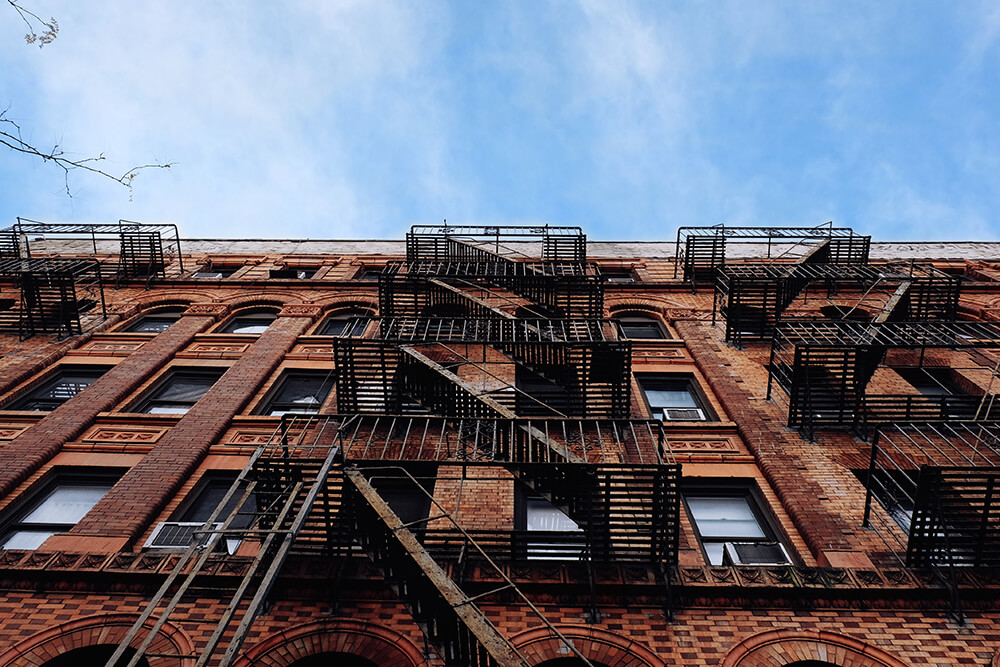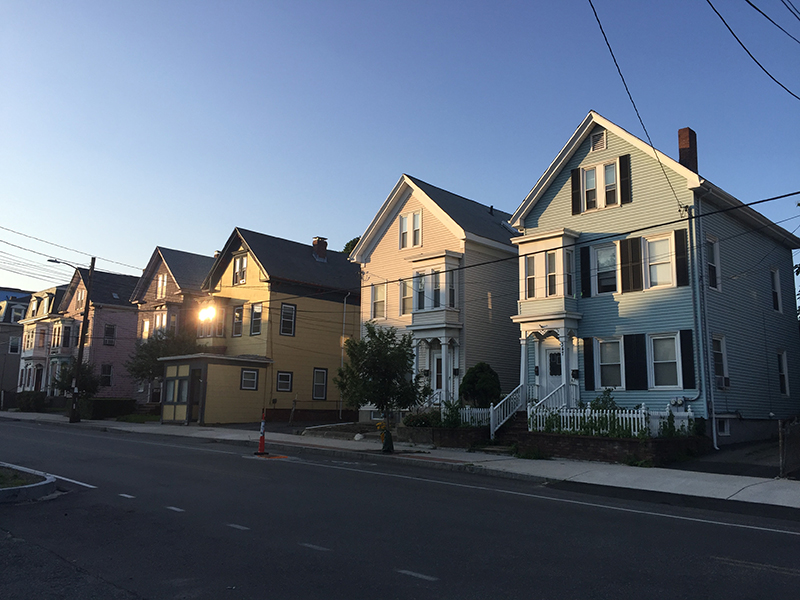
“Do we bring it up every two years? There’s other things we can talk about with regard to housing. Why are we letting this take up oxygen?” Massachusetts House Majority Leader Mike Moran (D-Brighton) said in a recent news report.
The Boston City Council approved a flawed rent control bill proposed by Mayor Michelle Wu that would cap rent increases at 10%. The bill exempts smaller landlords and apartments in dwellings less than 15 years old. While the mayor attempts to draw the attention of state lawmakers, the bill has been sitting on Beacon Hill, as tenant advocates, landlords and elected officials debate the proposal’s effectiveness in remedying the states housing affordability crisis.
It’s worth noting that Massachusetts outlawed rent control in 1994 in a referendum after it flopped in Cambridge, yet its false promise as a solution to housing affordability has re-emerged. In March, the city council approved a home rule petition allowing Boston to reinstate rent control increases. But the last time the question of rent control came before state lawmakers — in the form of an amendment to an economic development bill in 2020 — it was roundly defeated, 23 to 136.
“A lot of members will say, ‘What is the point of even bringing this up?’ Because the overwhelming majority of us took a position on this two years ago,” House Majority Leader Mike Moran (D-Brighton) said.
Critics of rent control argue that, while it seems to be an immediate solution to the housing affordability problem, it actually discourages developers from building and landlords from making renovations to their properties. Yet, the skyrocketing costs of housing in Boston have led people to support this bandaid of a solution.
In the academic community, there is clear consensus that the long-term, negative effects of rent control outweigh the short-term benefits enjoyed by a subset of renters. According to Rebecca Diamond, professor of economics at Stanford University and senior fellow at the Stanford Institute of Economic Policy Research, rent control may decrease the likelihood that incumbent tenants will be displaced, but it can lead to the decay of rental housing stock as landlords may not invest in the maintenance of their properties to offset income loss due to the rent cap. Additionally, landlords may resort to converting their rentals into a condo or owner-occupied unit, allowing them to be sold at market prices. Consequently, new renters will have to confront an increasingly constrained housing market where the housing supply will have decreased, while upfront rent costs increase.
Ultimately, rent control fails to address the root cause of Boston’s housing crisis: low supply. In fact, Boston needs to build 3,000 new apartment homes each year to meet demand. Instead of embracing regressive and counterproductive housing policies, Massachusetts lawmakers should prioritize creating more housing supply.




